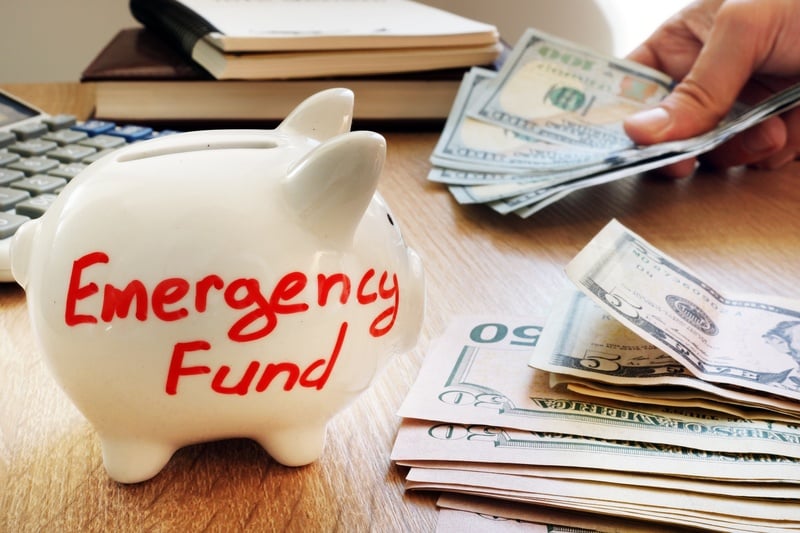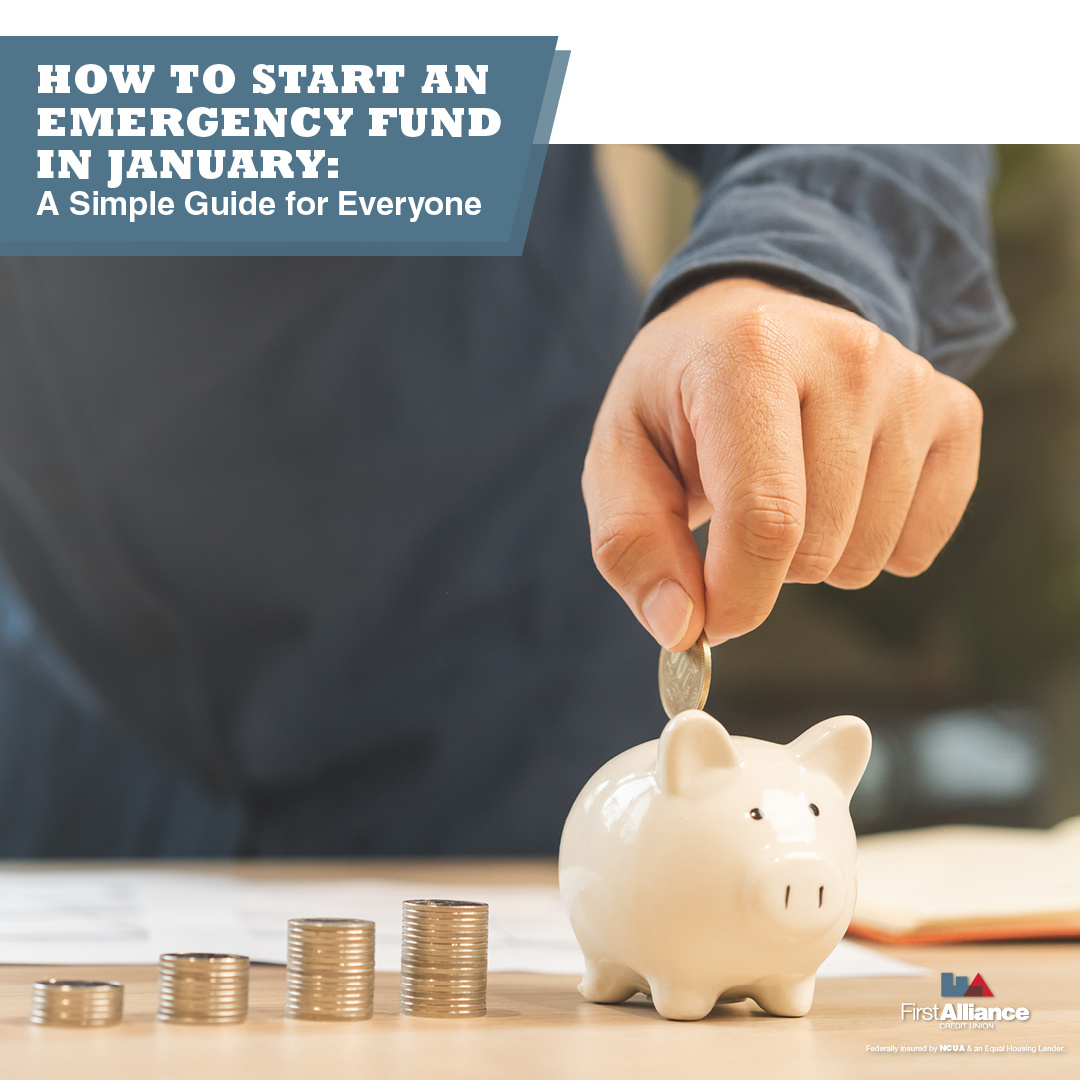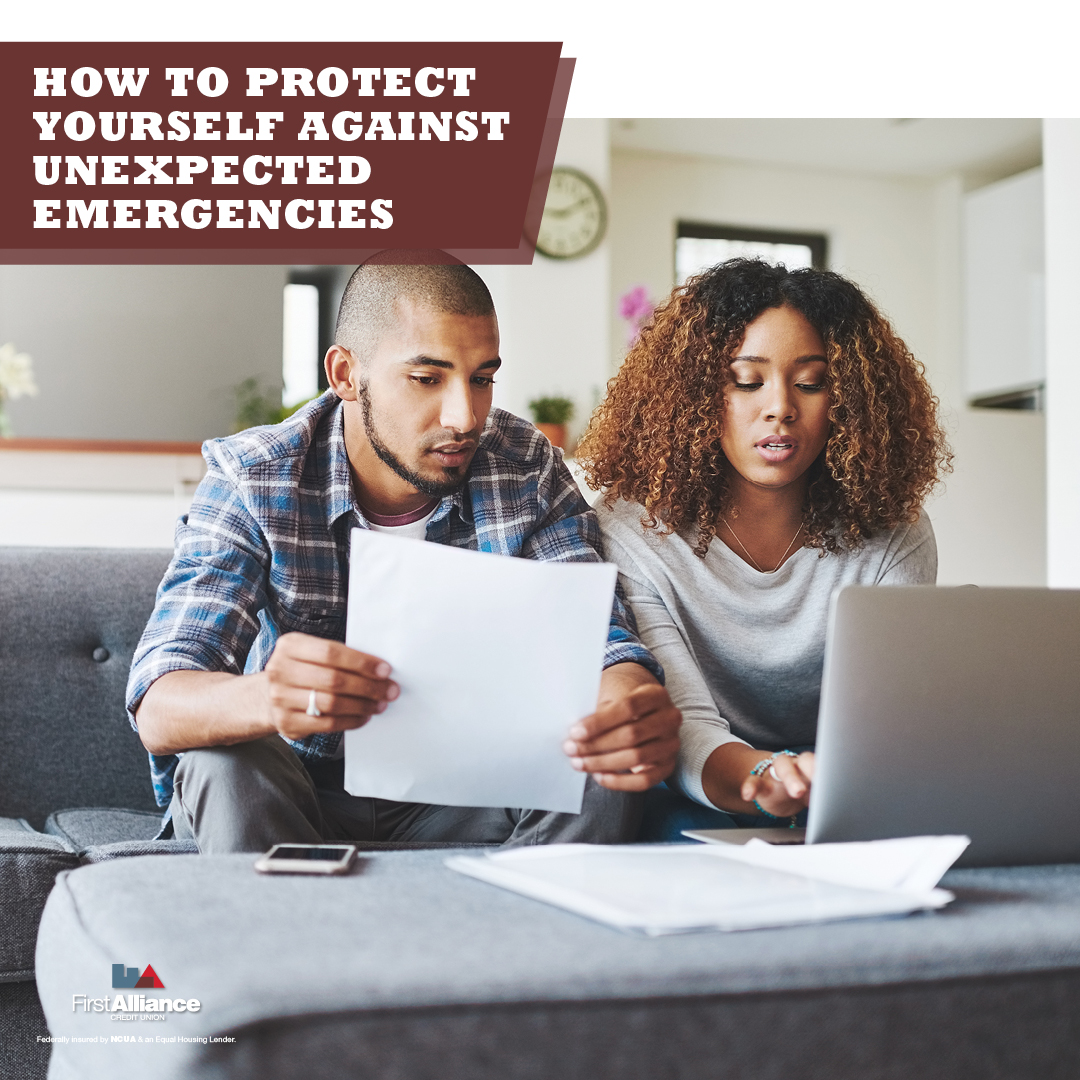How to Start an Emergency Fund
The number one tip you hear again and again from financial experts is start an emergency fund. This typically means having money in a savings account...


Everything could be okay right at this moment. You have enough money in the bank, both you and your partner could have good jobs, and the two of you have both savings and retirement accounts. But all of that could go away in an instant. Either you or your partner could lose your jobs, one of you could be involved in an accident, or you could experience a decrease in pay. What will happen to your savings or possibly even your retirement?
This article will let you know about five reasons why you should start an emergency fund immediately. From emergency repairs to job loss, you'll get a lot of motivation to start saving money for the unexpected.
If you have kids, you already know how accident-prone they can be. From bumps and scrapes to broken arms, you'll constantly find yourself at the hospital during your child's younger years.
But even if you don't have children, you never know what could happen. Having medical insurance also isn't a guarantee that every medical expense you will ever have will be covered (Forbes). When you have an emergency fund, you can pay for injuries that your insurer won't cover.
We all know that owning a car will siphon money out of your wallet over time. No one wants to be in the position of having a $5,000 car repair bill without the ability to pay for it. Even if your car repairs result from an accident, there’s no guarantee that your insurance will cover the expense (Craig Swapp). An emergency fund can prevent this situation from happening, so you never have to worry about not having a car.
No one wants to lose their job and have no way to pay their required expenses. When you take steps now to prepare for a financial emergency, you'll make a job loss a lot less stressful for you and your family.
A leaky roof, a malfunctioning water heater, or a shaky foundation can cause a lot of stress for any homeowner. Emergency savings can make taking care of essential home repairs a cinch.
You may or may not like your job, but no one wants a lighter paycheck. Getting paid less money can make your financial situation precarious (Caroline Vencil). Make this situation less likely by figuring out how much should be in your emergency fund.
You probably have loved ones who got into a financial jam and didn't have the money to take care of the issue. While your roof probably won't collapse and the chances of you getting a disease are fairly low, you never know what could come down the pike for you and your family. When it comes to life, know that a storm is coming. The question then is not simply when, but how you will prepare for the storm.
For more tips on savings and money management, check out our blog!

The number one tip you hear again and again from financial experts is start an emergency fund. This typically means having money in a savings account...

January is the perfect time to hit reset on your finances, and starting an emergency fund is one of the smartest resolutions you can make. Life loves...

The scary thing about emergencies is that they can and do happen anytime, anywhere. No matter how careful you are, eventually you’ll get blindsided...